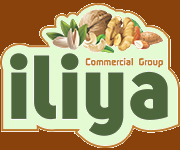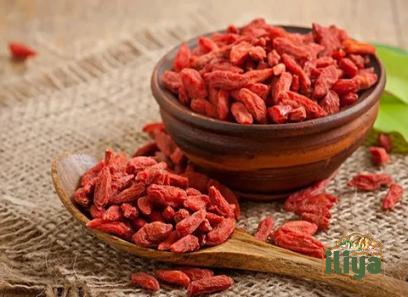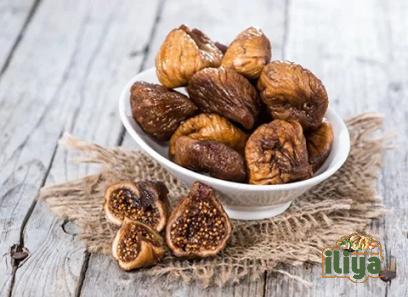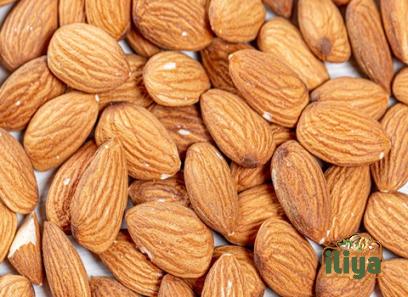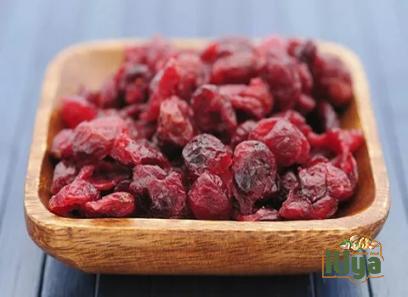Raw cashew shells are an essential component of the cashew industry, serving as a valuable source of various by-products like cashew nut shells oil (CNSL), cashew nut shell liquid (CNSL), and bio-fuel. Cashew nuts, widely consumed across the globe, are typically processed from the raw cashew nuts, leaving behind the shells. These shells, which possess several industrial applications, are in high demand in various sectors, including chemicals, pharmaceuticals, agriculture, and more. This summary aims to provide an overview of raw cashew shell suppliers, their place in the market, key considerations when choosing a supplier, and the challenges faced by the industry.
Market Overview:
The global demand for raw cashew shells has been witnessing substantial growth due to their versatility and increasing utilization in multiple industries. The demand from developing economies, specifically in Asia and Africa, has been a significant driving force in recent years. India, Vietnam, Ivory Coast, Nigeria, and Guinea-Bissau rank among the leading producers and exporters of raw cashew nuts and shells.
Key Considerations for Choosing a Supplier:
When evaluating raw cashew shell suppliers, it is crucial to consider several factors that can impact the overall quality, reliability, and cost-effectiveness of the products. Some key considerations include:
1. Quality Assurance: Opting for a supplier that adheres to stringent quality control measures is essential. Ensuring that the raw cashew shells provided are free from impurities, properly graded, and meet industry standards is crucial in maintaining product integrity.
2. Capacity and Consistency: Assessing the supplier’s capacity to consistently deliver the required quantity of raw cashew shells is crucial for businesses with varying manufacturing requirements. Suppliers with robust supply chains and production capabilities are preferred to minimize disruptions in the production process.
3. Sustainability Practices: The cashew industry has acknowledged the importance of adopting sustainable practices. Choosing a supplier that follows sustainable cultivation and harvesting practices can positively impact an organization’s environmental and social responsibilities.
4. Competitive Pricing: Pricing is a critical consideration when selecting a raw cashew shell supplier. Evaluating the supplier’s pricing structure in relation to the quality and consistency of their products is vital to ensure a cost-effective and sustainable supply chain.

5. Technical Expertise: Suppliers with technical expertise and extensive knowledge of the raw cashew shell industry can provide valuable insights and assistance in optimizing the application and usage of the product.
Challenges in the Industry:
Despite the growing demand for raw cashew shells, the industry faces various challenges that can impact the availability and cost of this resource. Some of the key challenges include:
1. Supply Chain Complexities: The processing and supply chain for raw cashew shells can be complex, involving multiple stakeholders, from farmers and processors to exporters and importers. Maintaining efficient supply chains can be challenging in regions with limited infrastructure and unpredictable weather conditions.
2. Quality Control: Ensuring consistent quality across different batches and maintaining uniformity in the grading of raw cashew shells can be a challenge for suppliers. Developing and implementing robust quality control processes is crucial to mitigate quality-related issues.
3. Competing Uses for Raw Cashew Shells: Raw cashew shells are in demand for various applications, including fuel, chemicals, and agriculture. The increasing popularity of alternative uses may potentially restrict the availability and raise the prices of raw cashew shells.
4. Price Volatility: Raw cashew shell prices are subject to market fluctuations influenced by factors such as supply and demand dynamics, weather conditions, and geopolitical unrest in major producing countries. This volatility can impact the profitability and sustainability of businesses relying on raw cashew shells.
Conclusion:
Raw cashew shell suppliers play a critical role in meeting the growing demand for this valuable resource in various industries. When selecting a supplier, considerations such as quality assurance, capacity, sustainability practices, pricing, and technical expertise should be evaluated. Understanding the industry challenges, such as supply chain complexities, quality control, competing uses, and price volatility, can help businesses navigate the market effectively. By ensuring a reliable, sustainable, and cost-effective supply chain, organizations can leverage the potential of raw cashew shells and their derived products in their operations.Title: Raw Cashew Shell Suppliers: Meeting the Growing Demand in a Dynamic Market
Introduction:
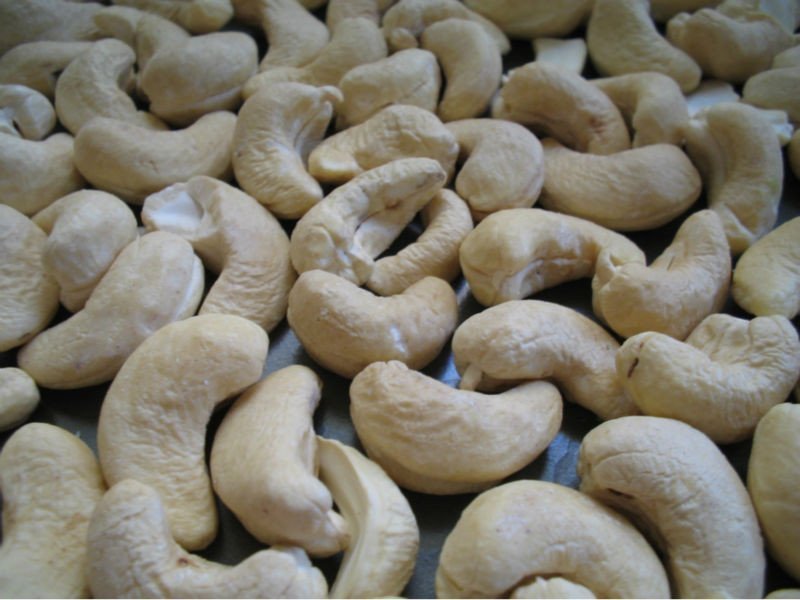
The global demand for raw cashew shells continues to rise, driven by their versatile applications across multiple industries. As a result, businesses relying on raw cashew shells as a key resource must carefully consider several factors when selecting suppliers to ensure product quality, consistency, pricing, and sustainability. In this article, we will delve deeper into the key considerations for choosing a raw cashew shell supplier and explore the challenges faced by the industry.
1. Ensuring Quality Assurance:
Quality assurance is a crucial factor when evaluating raw cashew shell suppliers. Opting for suppliers that implement stringent quality control measures ensures that the raw cashew shells delivered are free from impurities, properly graded, and meet industry standards. This not only guarantees the integrity of the end products but also minimizes the risk of potential quality issues during the manufacturing process.
2. Assessing Capacity and Consistency:
The supplier’s capacity to consistently deliver the required quantity of raw cashew shells is of paramount importance for businesses with varying production volumes. By evaluating the supplier’s supply chain and production capabilities, organizations can minimize disruptions and maintain a steady flow of raw materials to meet their manufacturing needs.
3. Embracing Sustainability Practices:
In today’s eco-conscious business landscape, organizations are increasingly emphasizing sustainability practices. When choosing a raw cashew shell supplier, it is essential to select one that follows sustainable cultivation and harvesting practices. Sustainable sourcing not only aligns with a company’s environmental and social responsibilities but can also enhance its reputation and appeal to conscious consumers.
4. Evaluating Competitive Pricing:
Pricing plays a critical role in supplier selection. Organizations should carefully evaluate the supplier’s pricing structure in relation to the quality and consistency of their raw cashew shells. A cost-effective supply chain ensures competitiveness in the market while maintaining profitability and financial sustainability.
5. Leveraging Technical Expertise:
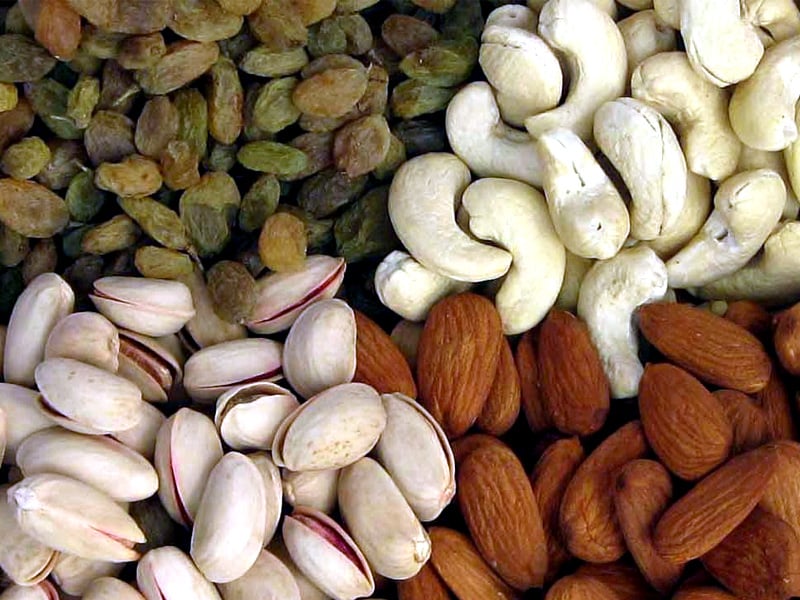
The technical expertise of raw cashew shell suppliers can significantly benefit businesses. Suppliers well-versed in the industry can provide valuable insights into the optimal application and usage of raw cashew shells. Their knowledge and experience can help organizations maximize the potential of this resource and drive innovation in product development.
6. Supply Chain Complexities:
The processing and supply chain for raw cashew shells can be complex, involving multiple stakeholders. From farmers and processors to exporters and importers, maintaining an efficient supply chain can be a challenging task, particularly in regions with limited infrastructure and unpredictable weather conditions. Collaborating with suppliers who have established robust supply chains is crucial to ensure a smooth procurement process.
7. Ensuring Robust Quality Control:
Maintaining consistent quality across different batches of raw cashew shells can be a challenge for suppliers. Organizations should seek suppliers who have implemented stringent quality control procedures to ensure high-quality raw materials for their production processes. Regular inspections, quality tests, and adherence to international standards are essential to mitigate quality-related risks.
8. Addressing Competing Uses:
Cashew shells are in high demand for various applications in industries such as fuel, chemicals, and agriculture. The growing popularity of alternative uses of raw cashew shells may potentially limit availability and increase prices. Organizations should closely monitor market trends and establish strategic partnerships with suppliers to secure a consistent supply of this vital resource.
9. Managing Price Volatility:
Raw cashew shell prices are subject to market fluctuations influenced by factors such as supply and demand dynamics, weather conditions, and geopolitical unrest in major producing countries. The volatility of prices can significantly impact the profitability and sustainability of businesses relying heavily on raw cashew shells. Careful financial planning and hedging strategies can help organizations mitigate risks associated with price fluctuations.
10. Seeking Reliable Long-term Partnerships:

To ensure a stable and consistent supply of raw cashew shells, organizations should aim to establish long-term partnerships with reliable suppliers. A mutually beneficial relationship built on trust and shared goals can offer stability, improved collaboration, and opportunities for value-added services. Strong partnerships can also minimize the risk of disruptions and provide access to new market insights.
Conclusion:
Selecting the right raw cashew shell supplier is crucial for organizations in industries that rely on this valuable resource. By considering factors such as quality assurance, capacity, sustainability practices, competitive pricing, and technical expertise, organizations can establish a reliable and efficient supply chain. Additionally, by addressing challenges such as supply chain complexities, quality control, competing uses, and price volatility, businesses can effectively navigate the dynamic market and leverage the potential of raw cashew shells to drive growth and innovation.
